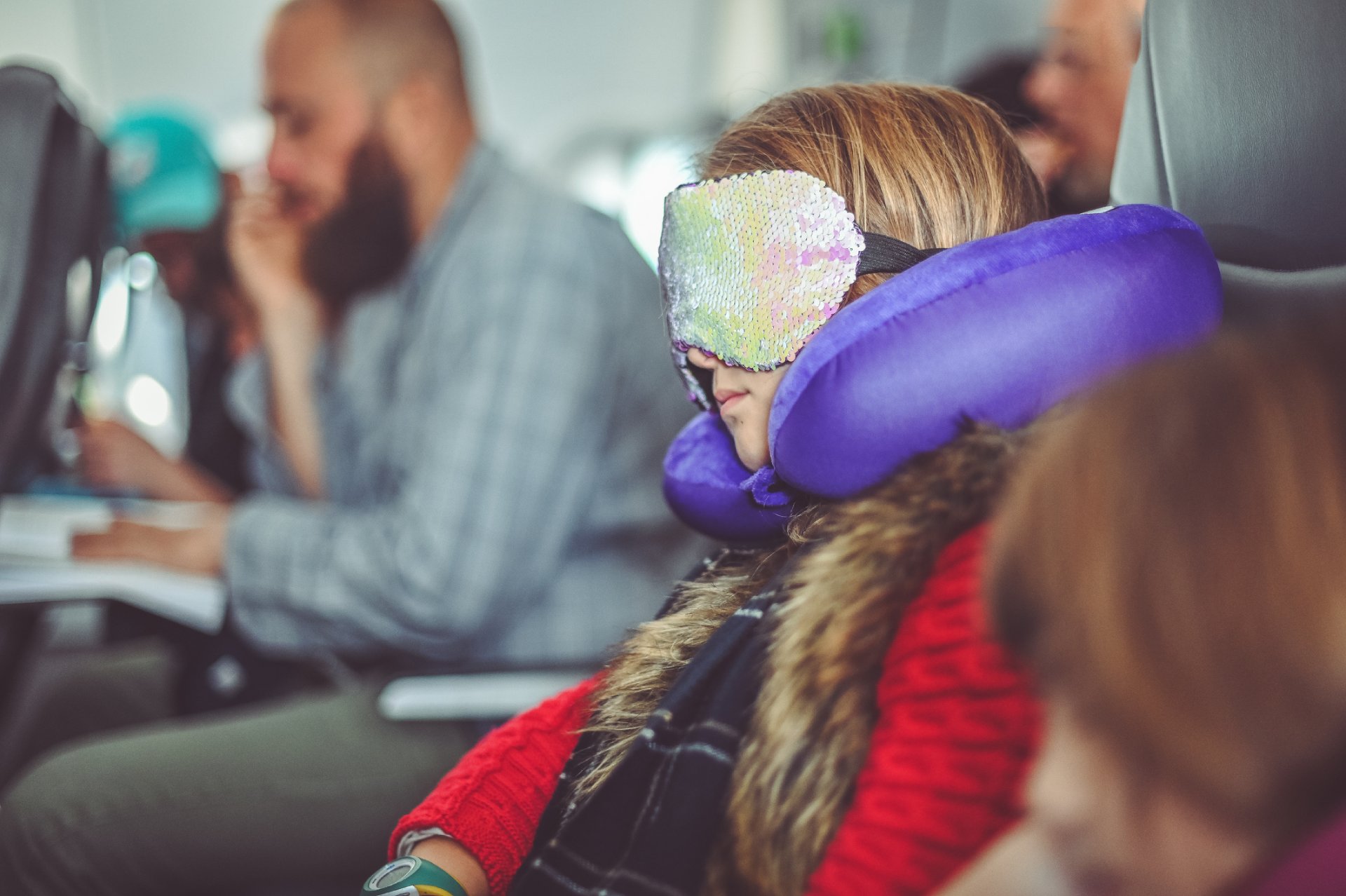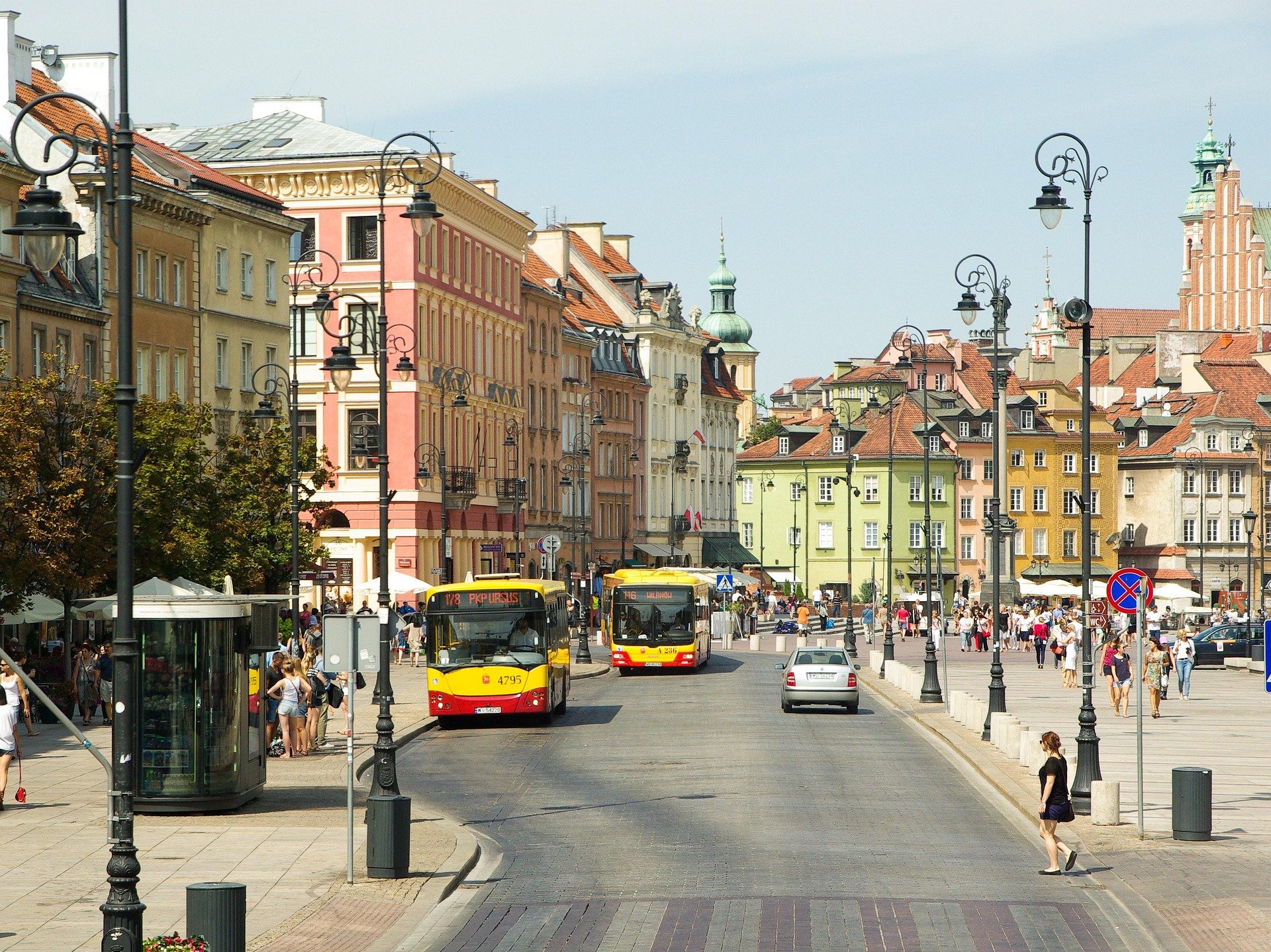Article Highlights
- Jet lag is more severe when traveling eastward due to the body’s difficulty adjusting to an earlier schedule.
- Common mistakes include dehydration, excessive alcohol and caffeine, irregular meals, and long naps.
- Foods like bananas, cherries, and lean proteins can aid in managing jet lag.
- Tools like blackout shades, earplugs, and melatonin effectively support recovery.
- Planning sleep schedules and exposure to natural light upon arrival can help reset the body clock.
How To Minimize Jet Lag When Crossing More Than 5 Time Zones
Traveling across multiple time zones can disrupt your body clock, leading to jet lag, a temporary sleep disorder causing fatigue, insomnia, and disorientation. Jet lag tends to be more severe when traveling eastward than westward because the body naturally adjusts better to staying up later than going to bed earlier. Understanding the causes, remedies, and preventive measures can significantly reduce jet lag’s impact.
Understanding Jet Lag
Jet lag occurs when your internal body clock, or circadian rhythm, is misaligned with the time at your destination. Your body struggles to adjust to the new schedule, affecting sleep patterns, digestion, and overall energy levels. Traveling east accelerates your day, shortening the natural 24-hour cycle, while traveling west lengthens it, making adaptation easier.
Jet Lag Tips and Pitfalls
Jet lag can be a frustrating side effect of crossing multiple time zones, leaving travelers tired, disoriented, and struggling to adjust to a new schedule. Unfortunately, common mistakes like dehydration, consuming excessive caffeine or alcohol, skipping meals, and taking naps at the wrong times can intensify these symptoms. Staying hydrated, adjusting your schedule gradually, and prioritizing light exposure and sleep hygiene are essential preparations to minimize jet lag and help your body adapt. By understanding what worsens jet lag and implementing strategies to counter its effects, you can enjoy smoother transitions and more productive, enjoyable travel experiences.
Common Mistakes That Worsen Jet Lag
- Not Staying Hydrated: Dehydration, exacerbated by dry airplane cabin air, worsens fatigue. Drink water consistently throughout your flight and avoid excessive caffeine or alcohol, which dehydrate the body and disrupt sleep.
- Consuming Excessive Alcohol and Caffeine: While a glass of wine or coffee may seem tempting, both can interfere with your ability to sleep and adjust to the new time zone.
- Irregular Meals: Skipping meals or eating heavy food at odd hours can confuse your digestive system, further unsettling your body clock.
- Taking Long Naps: Overly long naps during the day can delay your body’s adaptation to the local schedule.
- Not Adapting Quickly: Failing to adjust to the destination’s time zone, either before or immediately upon arrival, prolongs jet lag symptoms. Gradual changes to your sleep and meal times ahead of your trip can ease the transition.
Best Practices To Avoid Jet Lag
- Stay Hydrated: Drink plenty of water before, during, and after your flight to combat the dehydrating effects of air travel.
- Plan Your Sleep: Use the flight to align your sleep with the destination’s time zone. For eastward travel, try sleeping on the plane; for westward travel, stay awake longer.
- Adapt to the New Time Zone: Upon arrival, spend time outdoors to expose yourself to natural light, which helps reset your body clock. Eat meals according to local times and avoid heavy food late at night.
- Use Blackout Shades and Earplugs: These tools create an optimal sleep environment by blocking out light and noise.
- Exercise: Light physical activity, especially in the morning or afternoon, can help regulate energy levels and improve sleep.
Foods To Help Combat Jet Lag
Adjusting your internal body clock can be challenging when crossing multiple time zones. Certain foods can naturally support your body’s transition by promoting better sleep, regulating energy levels, and reducing common jet lag symptoms like fatigue and digestive discomfort.
Incorporating specific nutrient-rich foods, such as those high in melatonin, tryptophan, or magnesium, into your meals can help you fall asleep faster, stay asleep longer, and wake up refreshed.
Whether you’re preparing for a long-haul flight or settling into a new destination, these dietary choices can significantly reduce jet lag.
- Bananas: Rich in potassium, magnesium, and tryptophan, bananas support relaxation and sleep.
- Cherries: A natural source of melatonin, they help regulate your sleep-wake cycle.
- Lean Proteins: Foods like chicken and fish are high in tryptophan, aiding sleep quality.
- Carbohydrates: Eating carbs like rice, potatoes, or quinoa at dinner can help you wind down.
- Kiwi: Packed with serotonin, kiwi may improve sleep onset and quality.
- Ginger: Helps alleviate nausea, a common jet lag symptom, and can be consumed as tea.
- Oatmeal: A low-GI carb that helps regulate energy levels and reset your biological clock.
Plan your meals according to your destination’s time zone to further align your body’s rhythm.
Effective Medications for Jet Lag
While lifestyle adjustments and strategic planning are vital for managing jet lag symptoms, certain medications can provide additional support in aligning your body clock with a new time zone. Options range from over-the-counter melatonin supplements, which naturally regulate sleep cycles, to prescription sleep aids like nonbenzodiazepines (zolpidem, eszopiclone) and benzodiazepines (temazepam), which can help manage severe sleep disturbances.
However, it’s crucial to understand their proper use, availability, and restrictions in the destination country to ensure safe and effective relief from jet lag. Always consult a healthcare professional before using medications to address jet lag.
Melatonin
- Availability: Over-the-counter (OTC) in the U.S.
- Description: Melatonin is a natural hormone secreted by the pineal gland that helps regulate sleep-wake cycles. Experts regard it as one of the most effective and safest treatments for jet lag. Taking melatonin in the evening at your destination can help reset your body clock to align with the local time zone.
- Usage: Typically, 0.5 to 5 mg is recommended an hour or two before bedtime at your destination.
- International Regulations:
- In many countries, melatonin is available OTC, but in places like the UK and parts of the European Union, it is regulated and available only by prescription.
- In Japan, melatonin is classified as a drug and is not available OTC. Travelers should verify local regulations before carrying it abroad.
Nonbenzodiazepines
Examples: Zolpidem (Ambien, Edluar, ZolpiMist), Eszopiclone (Lunesta), Zaleplon (Sonata)
- Availability: Prescription-only in the U.S. and most countries.
- Description: These medications are sedative-hypnotics that target specific brain receptors to induce sleep with fewer side effects than traditional benzodiazepines. They generally help travelers sleep during their destination’s nighttime hours, especially when struggling to fall asleep due to jet lag.
- Usage: Take immediately before bedtime as prescribed by your doctor. Avoid use if a full night’s sleep (7–8 hours) isn’t possible, as they may cause grogginess or memory issues if you wake up too early.
- International Regulations:
- Restricted in Japan and Singapore: Carrying these medications into the country without proper documentation can lead to legal issues.
- Controlled in the UAE: Requires a medical prescription and prior approval for import.
- Check local restrictions before traveling, as penalties for carrying these medications vary widely.
Benzodiazepines
Examples: Temazepam (Restoril), Midazolam (Nayzilam)
- Availability: Prescription-only in the U.S. and globally.
- Description: These are strong sedative medications used for short-term relief of severe jet lag symptoms, especially in cases of prolonged insomnia or anxiety. They act quickly to promote sleep by calming the central nervous system.
- Usage: Take as prescribed by a healthcare provider, generally for no more than a few days. Prolonged use is discouraged due to risks of dependency and side effects, including drowsiness and impaired coordination.
- International Regulations:
- Highly Regulated in the EU: Many countries require a specific prescription and documentation for import.
- It is prohibited in Japan and some Middle Eastern countries unless accompanied by detailed medical documentation.
- Always declare benzodiazepines at customs when traveling internationally.
Key Considerations When Using Medications for Jet Lag
- Consult a Healthcare Professional: Before starting any medication, discuss your symptoms, medical history, and travel plans with a doctor. They can provide tailored guidance.
- Adhere to Local Laws: Research the specific medication regulations for your destination. Carry prescriptions, labels, and doctor’s notes to avoid legal complications.
- Monitor Usage: Avoid long-term reliance on these medications to prevent tolerance, dependency, or adverse effects.
- Alternative Strategies: For maximum effectiveness in overcoming jet lag, use medications alongside natural methods, such as adjusting your sleep schedule, staying hydrated, and using light therapy.
By choosing the proper medication and using it responsibly, travelers can manage jet lag effectively while minimizing risks.
Tools To Ease Jet Lag and Enhance Recovery
A range of practical tools can help ease the effects of jet lag and support recovery upon arrival. Blackout shades in your hotel room, blue light-blocking glasses, earplugs and eye shades are invaluable for ensuring uninterrupted sleep by reducing noise and light distractions. These tools, combined with smart travel strategies, can help you adjust more quickly to a new time zone and enjoy a more comfortable transition.
- Blackout Shades: Block out sunlight for uninterrupted sleep.
- Blue Light Blocking Glasses: Reduce exposure to blue light from screens, which disrupts melatonin production.
- Earplugs and Eye Shades: Minimize noise and light to promote better rest during flights or at your destination.
The Global Rescue Connection
Global Rescue members have access to medical advisory services that can help locate a pharmacy when traveling internationally, allowing access to medical guidance and finding nearby pharmacies to purchase necessary medications, including those that might help alleviate jet lag symptoms, even if you need to find over-the-counter products in a foreign country.









